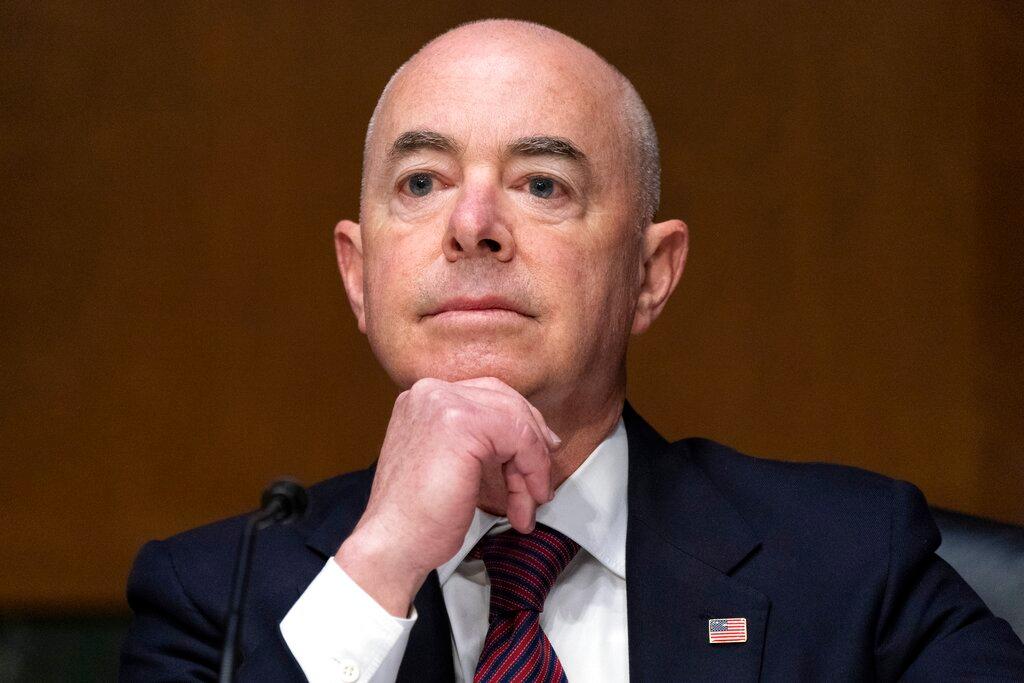Homeland Security Secretary Alejandro Mayorkas said on Sunday that his agency is preparing for a possible flood of immigrants attempting to enter the United States through its southern border when Title 42 border restrictions are lifted later this month.
The Trump-era Title 42 policy allowed Border Patrol agents to turn illegal aliens back to Mexico immediately if they were deemed to pose a health threat amid the COVID-19 pandemic.




